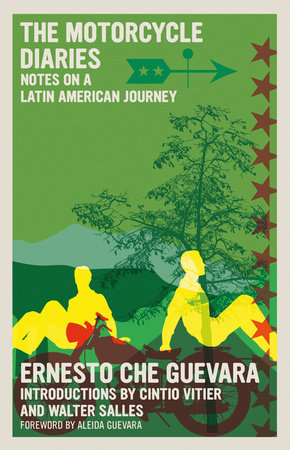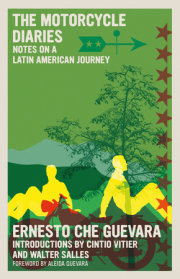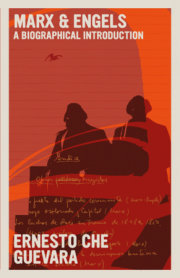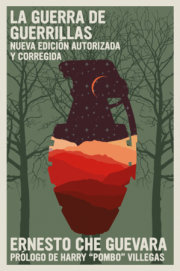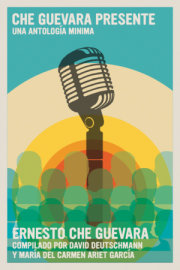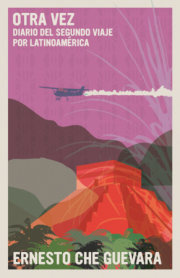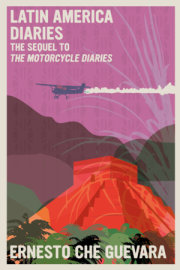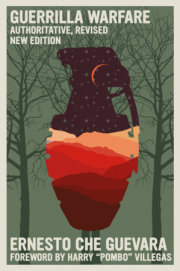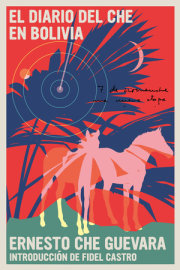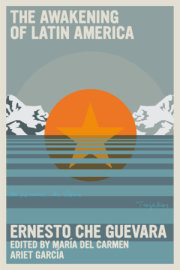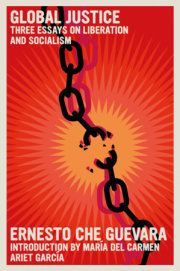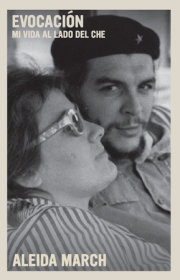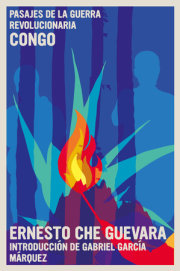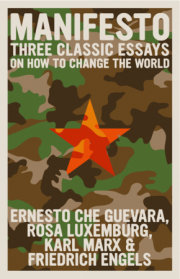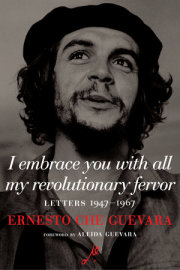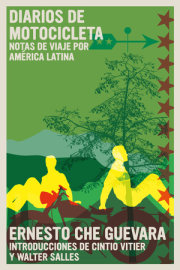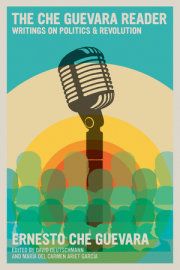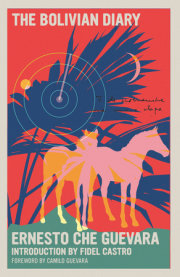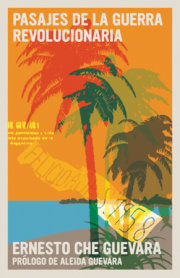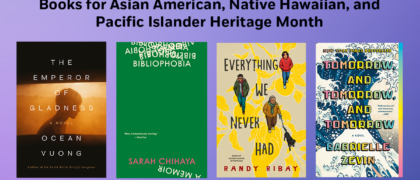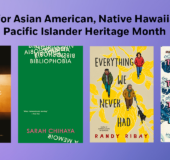WALTER SALLESintroduction to the 2021 edition:
the motorcycle diaries, or the rediscovery of south america
The first accounts of South America reported by Amerigo Vespucci and Pedro Álvares Cabral in the early sixteenth century describe an Edenic world. The lost El Dorado, the
finis terrae of the Latins, ripe for colonization.
From this initial contradiction—how to submit an Edenic land to the designs of European invaders?—stems the majority of the continent’s structural imbalances: the massacre of indigenous tribes, the forced migration and enslavement of Africans obliged to work on monoculture plantations, and the haphazard drawing of borders between nations. This colonizing process, grounded in violence and slave labor, spawned societies whose references reflected essentially European beliefs and desires.
January 1952
When the young medical student Ernesto Guevara de la Serna (twenty-three years old) mounted the pillion of an old Norton 500 behind the biochemist Alberto Granado (twenty-nine years old), with the dream of crossing the South American continent, their understanding of the territory was limited to what history books had taught them. “We knew more about the Greeks and Phoenicians than we did about the Incas,” confessed the good-humored Granado. “We didn’t actually know the precise location of Machu Picchu.”
The Motorcycle Diaries is at once a rare initiation into, and an unveiling of, a hitherto unknown reality, a unique and original physical and human geography.
Unlike the history told by the colonizers, the travel diaries of the young Ernesto begin as a picaresque account, a
clin d’oeil to Cervantes, that gradually deepens as the two adventurers come into contact with the impure substance of the Latin American reality. When the social and political contradictions begin to unfurl, what started out as the diary of a road trip takes on unexpected contours: it transforms into a rite of passage that signals the gradual dawning of awareness in two Latin American youths witnessing the injustices and inequalities of a continent for the first time.
This shift becomes palpable when they reach Peru and discover the Andean and Incan heritage. It’s as if, at that moment, the course of their individual lives suddenly converges upon history with a capital
H. That is when
The Motorcycle Diaries veers wide of most travel accounts. The young men who reach their final destination at the continent’s northernmost tip, in Venezuela, are not the same youths who set out from their native Argentina.
Few accounts offer an expression of a sensibility this open to the world and so devoid of subterfuges.
The Motorcycle Diaries provides valuable tools with which to understand how the young Ernesto could transform gradually into a political figure, with a keen perception of the afflictions suffered by those around him— and of the structural iniquities that caused them.
The Motorcycle Diaries enables an immersion into a territory as seen through its own eyes.
What unravels from it is a genuine, singular South American identity. Nearly seven decades after it was written, Ernesto Guevara’s diaries continue to present a fascinating and urgent reflection of what is still seen as a last frontier.
Walter Salles, May 2021
Copyright © 2021 by Ernesto Che Guevara. All rights reserved. No part of this excerpt may be reproduced or reprinted without permission in writing from the publisher.

